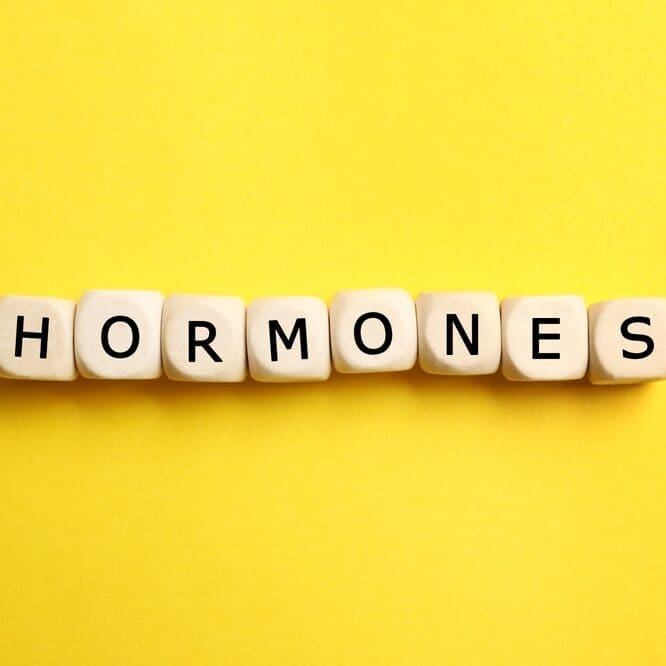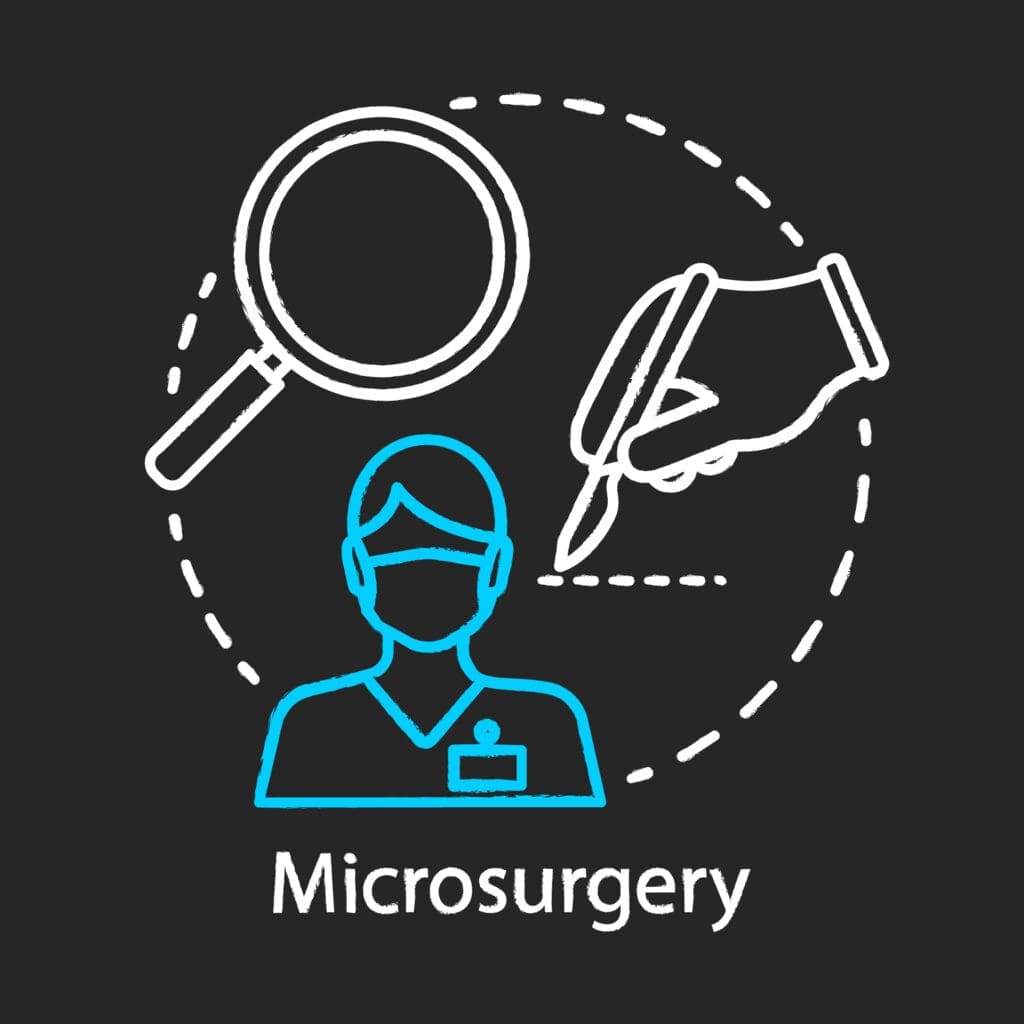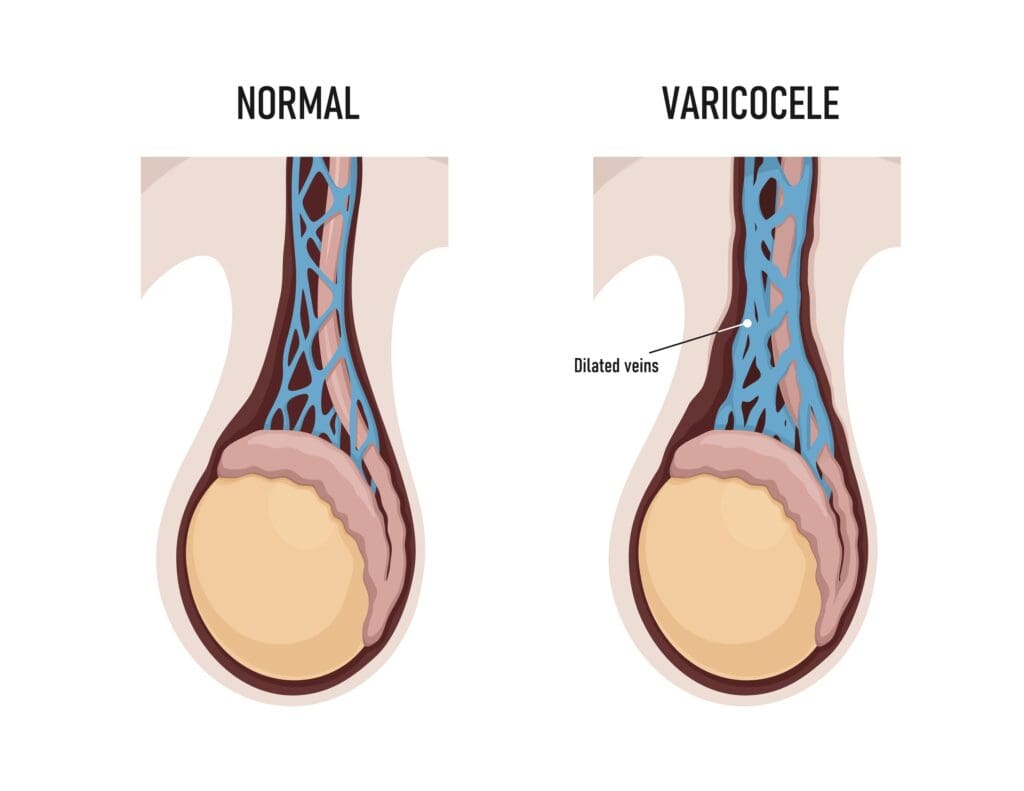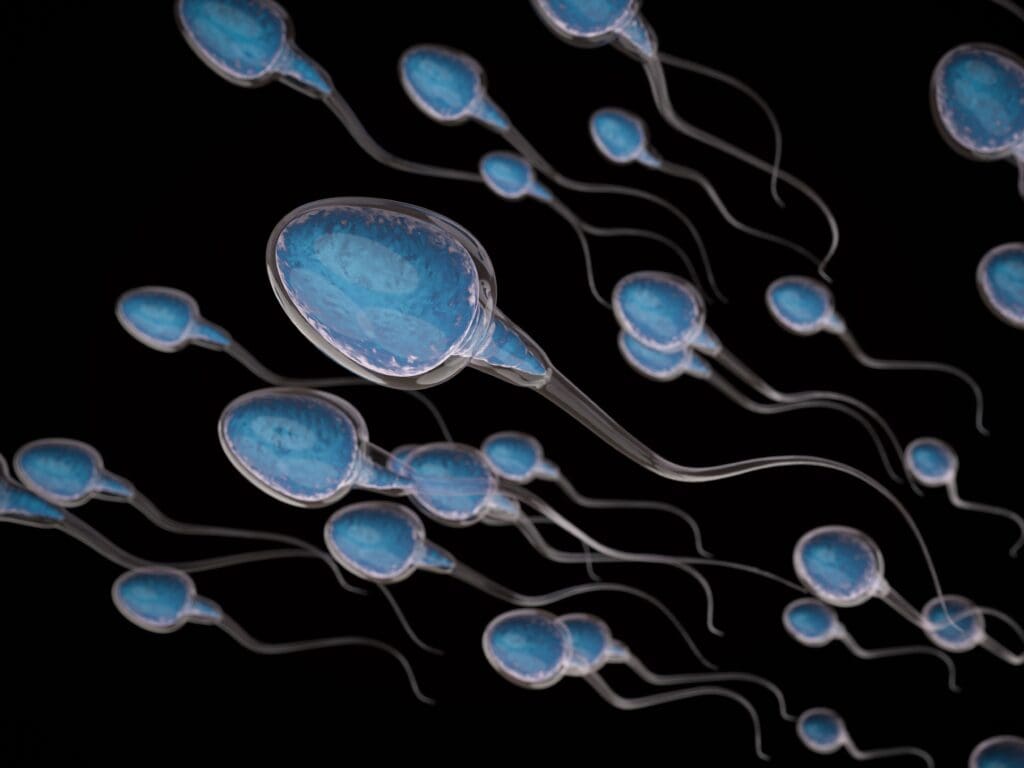5005 S. Cooper St.
Suite 250
Arlington, TX 76017
Best Male Infertility Doctors in Texas
Have Your Dad Dreams Hit a Roadblock?
Have you and your partner tried, but it’s just not happening? Sometimes, conceiving can be stressful for men—even young ones. We’ve seen the emotional toll it takes to when guys feel they’re under scrutiny, or that infertility is their fault. In 20 percent of all cases, infertility issues with the male are the sole cause for a couple’s inability to conceive—and a contributing factor in another 30 percent of cases. When you need expert help, turn to the best male infertility doctors in Texas for guidance and support.

There’s Good News!
Nearly 90 percent of male infertility can be successfully treated. Our male infertility specialists works closely with men to identify and address the medical causes hindering conception. For us, being able to help men begin the family of their dreams is truly rewarding.
It starts with healthy sperm.
Plenty of healthy, mobile sperm are need for conception. A semen analysis can determine if your sperm level falls within normal ranges. If not, you and our fertility expert will work together to identify the reason your count is low.
What causes male infertility?
Many factors can affect sperm production, including lifestyle choices, birth defects, chromosomal abnormalities, hormonal disorders, and cancer treatment.
Medical conditions, including varicocele (varicose veins around the testes), hypogonadism (low testosterone) and azoospermia (lack of sperm in seminal fluid) can also be culprits. But there’s good news: Nearly 90 percent of male infertility cases can be treated with either medications to improve sperm count or surgery to repair reproductive abnormalities. Talk to one of our best male infertility doctors to see which treatment option is right for you.
Health Navigator
- Harrison “Mitch” Abrahams, MD
- Jeffrey Charles Applewhite, MD
- Jerry Barker, MD, DABR, FACR
- Paul Benson, MD
- Richard Bevan-Thomas, MD
- Keith D. Bloom, MD
- Tracy Cannon-Smith, MD, FMS
- Paul Chan, MD
- Kara Choate, MD
- Lira Chowdhury, DO, FACOS
- Weber Chuang, MD
- Adam Cole, MD, FS
- M. Patrick Collini, MD
- Zachary Compton, MD
- Adam Hollander, MD
- Patrick A. Huddleston, MD
- Justin Tabor Lee, MD
- Wendy Leng, MD, FPMRS
- Alexander Mackay, MD
- Tony Mammen, MD
- F.H. “Trey” Moore, MD
- Geofrey Nuss, MD
- Christoper Pace, MD
- Jason Poteet, MD
- Andrew Y. Sun, MD
- Scott Thurman, MD
- James Clifton Vestal, MD, FACS
- Keith Waguespack, MD
- Diane C. West, MD
- Keith Xavier, MD, FPMRS
Related News & Information
Life After the Lift (UroLift) is Great!
For many men, an enlarged prostate can make life miserable. The urgent need to go, urinating more frequently than normal, a weak urinary stream, difficulty starting and stopping—they’re all symptoms of BPH. Find out how the UroLift is helping men get their life back.
Nearly 90% of Male Fertility Cases Can Be Treated
Medications to improve sperm count and surgery to repair reproductive abnormalities can make a big difference.
Lifestyle Changes
There are proactive steps every man can take to protect his chances for healthy sperm production.
- Avoid tobacco, alcohol and drug use. They can all damage sperm production and quality.
- Maintain a healthy weight. Obesity not only contributes to diabetes, heart disease and cancer, it also increases a man’s risk for infertility.
- Don’t sit in a hot bath or Jacuzzi. Heat adversely affects sperm.
- Avoid testosterone use as testosterone replacement may hurt sperm production.


Hormonal Therapy
Hormones play a vital role in male fertility. Two hormones produced by the pituitary gland in the brain—luteinizing hormone (LH) and follicle-stimulating hormone (FSH)—trigger the production of testosterone and sperm in the testes. In contrast, men who have been undergoing testosterone therapy to treat Low T, suffer from reduced sperm count as a side effect. Once a hormonal issue is identified, your UPNT infertility specialist will create a custom treatment plan to address the issue.
Microsurgery Treatments
The experienced surgeons at Urology Partners perform a variety of procedures to eliminate obstructions to sperm production and motility, as well as delicate microsurgical reconstruction of the vas deferens and epididymis.


Varicocelectomy
Varicoceles (varicose veins around the testes) can cause low sperm production and motility. They also contribute to abnormally shaped sperm. During this surgical procedure, a small incision is made below the groin to allow the surgeon to block the enlarged veins.
Sperm Retrieval
There are many ways to get sperm from the reproductive tract. The goal is to get the best quality and number of sperm. The methods extract sperm from either the epididymis or the testicle. The sperm is then harvested for in vitro fertilization.
Non-surgical Sperm Retrieval
If you have anejaculation or retrograde ejaculation, ejaculation can be induced. Then the semen is collected. Medication may help with these conditions.
Testis Sperm Retrieval
There are many ways to get sperm from the reproductive tract. The goal is to get the best quality and number of sperm. Care is taken not to harm the reproductive tract. This will allow future sperm retrieval or reconstruction, if needed. One method is testicular sperm extraction (TESE).
TESE (testicular sperm extraction) is often used to diagnose the cause of azoospermia. It can also get enough tissue for sperm extraction. The sperm can be used fresh or frozen (cryopreserved). TESE is done at an IVF center in conjunction with an anesthesiologist and IV sedation. It involves one or two small incisions in the testes.

We Are Your Male Infertility Specialists
Call for an Appointment

Ready to Wave Goodbye to Erectile Dysfunction?
Erectile dysfunction complicates the sex lives of many men—millions, in fact. Yes, ED is frustrating and embarrassing. It can even be depressing. But there’s one thing it’s not—inevitable.

